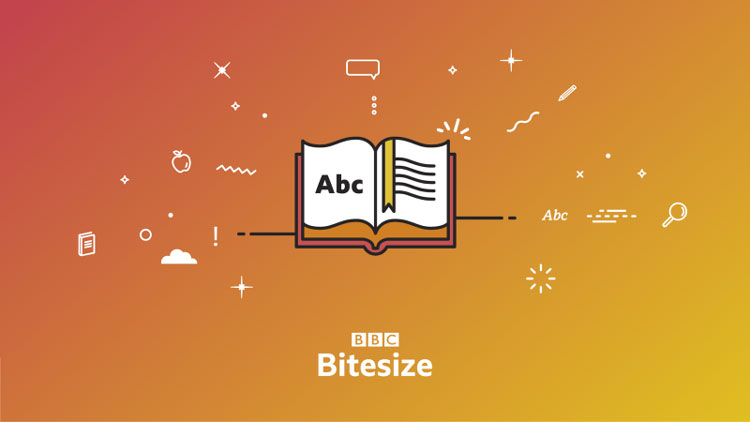Home Learning
The aims of home learning are:
- To practise, revise, reinforce and consolidate skills, concepts and knowledge previously learnt in school.
- To connect learning in school to the real world.
- To provide a valuable opportunity for pupils to share their learning with parents/carers.
- To prepare pupils as they transfer from Key Stage 1 to Key Stage 2 to Secondary School.
|
Whole School Home Learning Weekly Programme |
||||
|
|
Reception |
Y1 & 2 |
Y3 & 4 |
Y5 & 6 |
|
Reading
|
Reading & sharing books 5 x a week 10 mins a night |
Read & discuss with an adult 5 x a week 15 mins a night |
Read to an adult or independently then discuss 5 x a week 20 mins a night |
Read to an adult or independently then discuss 5 x a week 20 mins a night |
|
Spellings |
Learn key words or phonemes 4 x a week |
Phonics/ spelling practice 4 x a week |
Spelling/Grammar practice 4 x per week |
Spellings/ Grammar practice 3 activities per week |
|
Maths |
Practise counting, recognising & writing numbers from 1 – 20
|
Practise and learn number bonds (Year 1 & 2), times tables (Year 2)
|
Complete tasks on Mathletics 4 activities set per week
|
|
|
Year 2 – Complete Timetables Rockstars 20 mins per week |
Complete Timetables Rockstars 30 minutes per week
|
|||
Please click on the logos below to access TTRS or Mathletics:
Home learning expectations and roles:
Teachers will:
- Scaffold/ differentiate learning as needed by a group or individual.
- Provide feedback, where and when appropriate.
- Monitor that pupils are reading on a regular basis, and this is recognised and celebrated.
- Monitor completion of tasks and follow up with pupils as appropriate.
- Communicate with parents if there are any concerns about a child’s home learning and/or share any positives.
Pupils will:
- Complete any tasks set on time.
- Respond to feedback given by adults (Parents, teachers, TAs)
- Have a positive attitude towards home learning and give their best.
- Be prepared to discuss learning with an adult at home or in school.
Parents will:
- Provide an appropriate level of support and be actively involved when required.
- Encourage a positive attitude and praise children for doing their best.
- Support pupils with the organisation of their time.
- Encourage increasing independence as their child moves through our school.
- Communicate with the teacher if there are any issues or concerns. In addition, parents are encouraged to share any positives.
- Organise a quiet and calm space for their child to complete learning.
- Encourage discussion around learning in school and that completed at home.
Example questions could include:
- What were you able to explain to others today?
- What did you learn from others today?
- What challenged you today?
- Is there anything that you could teach us at home?
- What were you most proud of today?
- What learning is coming next?
- Explain to me…



